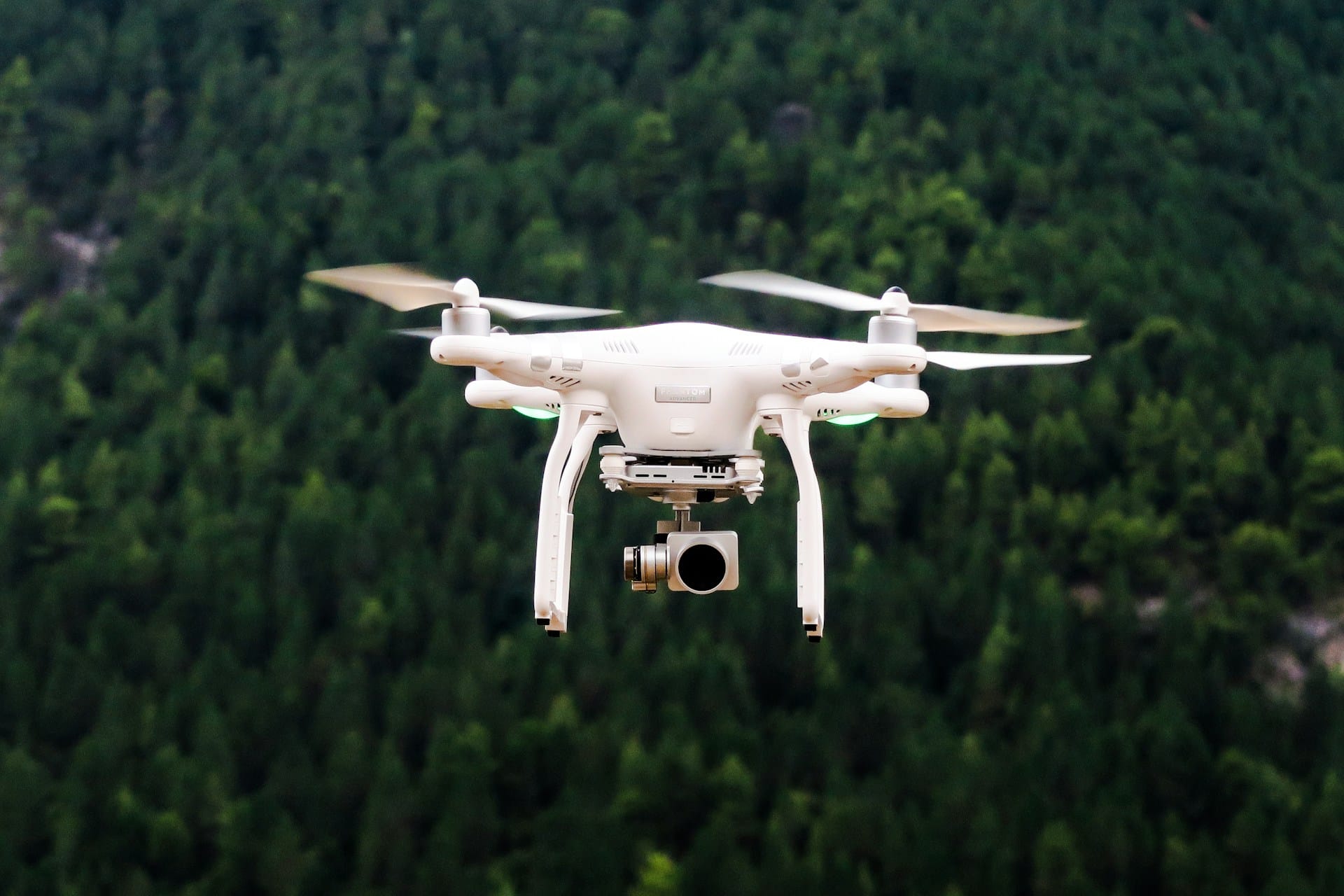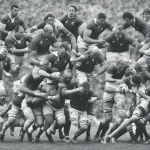Drones have become a popular hobby in recent years, with enthusiasts taking to the skies to explore the world from a bird’s eye view. However, with the increased popularity comes increased scrutiny from regulatory bodies such as the Federal Aviation Administration (FAA). The FAA has established rules to regulate drone use to ensure safety for all airspace users and people on the ground. These rules can be especially important in densely populated urban areas, where the risk of accidents is higher. This article aims to provide a comprehensive guide on the legal considerations you need to be aware of when flying hobby drones in urban settings.
Understanding FAA Rules and Regulations for Drones
The FAA is the primary governing body that regulates the use of drones, also known as Unmanned Aircraft Systems (UAS), in the United States. They have set a series of regulations that apply to both commercial and recreational drone use.
Avez-vous vu cela : How Are Drones Evolving in the Sphere of Personal Videography?
Under FAA rules, hobby drones are considered as a type of UAS and are, therefore, subject to these regulations. For instance, you must register your drone with the FAA if it weighs more than 0.55 pounds. You will need to display the registration number on your drone.
One vital FAA rule that every drone operator should remember is the flight altitude restriction. Drones are not permitted to fly above 400 feet in the airspace to avoid interaction with manned aircraft. Ignoring this rule can result in significant penalties.
Cela peut vous intéresser : What Role Do Drones Play in Wildlife and Nature Photography?
State and Local Drone Laws
Besides FAA rules, you also have to consider state and local laws when flying drones. These rules vary from state to state and can have additional restrictions beyond the FAA regulations.
Most states have laws about where you can fly drones. For example, some states prohibit drone flight near or over critical infrastructures like power stations, prisons, or water treatment facilities. Others may have restrictions on flying drones over private property without the owner’s consent.
In urban areas, local ordinances often restrict drone flight in certain areas, such as parks, to prevent accidents and ensure public safety. Before flying your drone, it’s crucial to check the local laws in your area to avoid violating them.
Navigating Urban Airspace
Urban airspace can be challenging to navigate with a drone. Buildings, power lines, and people can all pose potential risks. As a drone operator, you must always prioritize safety and adhere to FAA rules and state laws when flying in these areas.
FAA’s rules on flying over people state that recreational drone pilots should not fly directly over people who are not part of the drone operation. This rule is particularly relevant in urban areas, where the population density is high.
Furthermore, all drone pilots should give way to manned aircraft at all times, do not fly in restricted airspace, and always keep the drone within the visual line of sight.
Considerations for Commercial Drone Use
While our focus is primarily on hobby drones, it’s worth noting that commercial drone use has its set of rules. Commercial use involves using drones for business purposes, such as aerial photography, site inspections, and delivery services.
Commercial drone pilots need to obtain a Part 107 certificate from the FAA. This certification entails taking a knowledge test and demonstrating a clear understanding of FAA regulations. Commercial drones are also subject to stricter rules, such as not flying at night unless granted a waiver and not flying over people unless the drone has been certified safe by the FAA.
Practices for Safe Drone Flight in Urban Areas
To enjoy your hobby without running into legal issues, it’s essential to practice safe and responsible drone flight. Always perform a pre-flight check to ensure your drone is in a suitable condition for flight. Pay close attention to the drone’s batteries, propellers, and camera before takeoff.
Respect privacy and don’t fly your drone where it could invade someone’s personal space or property. It’s also a good idea to notify people nearby when you’re about to fly your drone. This can help to prevent any undue alarm or misunderstandings.
Finally, never fly your drone under the influence of alcohol or drugs. The FAA treats drones as they would any other aircraft in this respect. Failure to comply with this rule can result in severe penalties.
Interaction with Law Enforcement
When flying a drone, hobbyist or commercial pilots may encounter interactions with law enforcement. This is especially true in urban areas, where drones may be seen as a potential safety or privacy risk. As a drone operator, it’s essential to understand your rights and responsibilities in these situations.
Firstly, you must always carry your FAA drone registration when you are operating your drone. This applies to both recreational and commercial drone pilots. A law enforcement officer has the right to ask you to produce this at any time. Failure to do so could potentially lead to legal repercussions.
Another important point is that law enforcement officers have the right to question drone operators if they have reasonable grounds to suspect a violation of federal aviation laws or local drone regulations. They may also take action if they believe your drone operations pose a threat to public safety. However, they cannot arbitrarily stop or detain you without just cause.
In case you are approached by a law enforcement officer, stay calm, be respectful and provide the requested documentation. It is also recommended to stop your drone flight until the situation is resolved.
If you believe you have been unfairly treated, remember the officer’s badge number and note down the details of the encounter. You can later file a complaint with the relevant law enforcement agency.
The Future of Drone Laws in Urban Areas
The landscape of drone regulations in the United States is constantly evolving, shaped by technological advancements and shifting societal attitudes towards unmanned aircraft systems.
In urban areas, the pressure for stricter regulation is likely to increase due to concerns about privacy and public safety. However, this needs to be balanced with the desire to promote innovation and the benefits that drone technology can bring.
There is also a growing recognition of the need for better education for drone pilots. This includes not only understanding the current FAA rules, but also being aware of changes in state and local laws, and understanding how to fly drones safely and responsibly in urban environments.
As a drone operator, it is your responsibility to stay up-to-date with the latest regulations and always adhere to best practices for drone flight. By doing this, you can ensure the continued enjoyment of your hobby and contribute to a safe and respectful drone culture.
Conclusion
As drone technology continues to evolve, so do the laws and regulations that govern it. Flying drones, whether for recreation or commercial purposes, requires a clear understanding of the FAA rules, state and local laws, and the intricacies of navigating urban airspace.
Drone pilots must respect privacy, prioritize public safety, and interact appropriately with law enforcement. Furthermore, they should stay ahead of the curve by keeping abreast of changes to drone regulations. By following these guidelines, drone operators can enjoy their hobby or business operations while minimizing the risk of legal issues.
Ultimately, responsible flight is essential not only for your safety but also for the continued growth and acceptance of drones in the United States.










